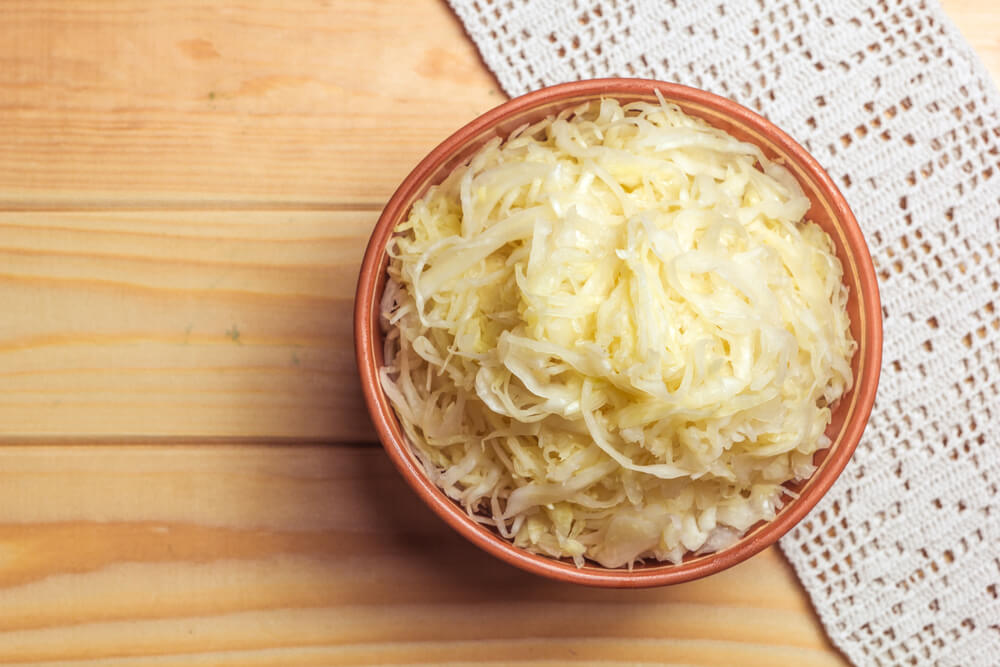Why is it so difficult to refuse the second piece of cake: the answer of scientists
'10.09.2020'
Source: with the BBC
Eating delicious foods lowers the activity of brain cells that control hunger and thirst, scientists have found. And to put it simply, the more I ate, the more I want, writes with the BBC... That is why it can be so difficult to refuse a second piece of cake for tea, scientists are convinced.

Nature magazine reports on the results of a study by a team of scientists led by Scott Sternson of the Janelia Research Center in Ashburn, Virginia. In experiments on mice, they identified the area of the brain where the cells (neurons) that are responsible for the consumption of food and water are located.
When the neural network in this area is activated, the feeling of hunger and thirst is suppressed. Conversely, blocking it leads to the fact that the mice continue to eat and drink, even when they are completely full and watered.
The researchers offered the mice different drinks while simultaneously observing the activity of the "continence neurons." There was a slight decrease in activity when the mice drank water or bitter drinks, and much more if the mice received tasty liquids, for example, with a vanilla flavor.
On the subject: How Diet Affects COVID-19 Mortality: Scientists' Opinions and Valuable Guidance
According to scientists, the neural network is designed in such a way that good taste makes the brain want more.
How to reprogram your brain
In 2019, Science reported the results of a study on a similar topic. Its authors, who also worked with experimental mice, found that the brain can be programmed to overeat: the consumption of food high in fat and sugar leads to this.
A group of scientists from the University of North Carolina at Chapel Hill, led by neuroscientist Garrett Stuber, studied the changes that occur in the brain during obesity.

They compared the behavior of neural networks in the brains of live mice with normal and overweight mice immediately after a meal: as such, the animals were given calorie-rich sugary water.
On the subject: 7 natural sugar substitutes that sweet tooth will love
The brains of non-obese mice reacted to sugar by increasing the activity of neural networks: the cells seemed to give a signal “enough” and forbade the continuation of the banquet.
However, as the mice got more sugar, they began to gain extra weight - and the neural networks in their brains became less and less active, the study said. By week 12 of the dietary change, cells were about 80% less responsive to the sweet drink.
However, this study does not specify exactly which changes led to the loss of activity of neural networks: a sweeter diet or weight gain directly, notes a neurologist at the University of Michigan Randy Seeley, who was not involved in Stuber's work.
Are they just not tasty?
Seeley does not rule out that the food itself may have been an important factor in how the mice behaved. “You probably don’t know what rodent food tastes like,” says the scientist. - I tried it, it's just disgusting. This is dry, salty, tasteless pile. "
That said, the fatty food they feed the mice tastes like sugar cookie dough, the expert explains, who admits that neural activity could also be an important factor.
Scientists, hoping to help obese people, have been studying the mechanisms that regulate feelings of fullness and hunger for many years.
According to the popular science website The Conversation, the human brain operates a "food reward" system that encourages us to consume calorie-rich foods.

This reward can override satiety signals in the brain, making it much more difficult for us to resist the temptation to continue feasting.
On the subject: What does a woman look like, eating a kilogram of sugar daily
Since eating delicious food brings us great pleasure, anticipation of such pleasant sensations becomes the most important factor in determining our diet.
Is evolution to blame?
At the same time, scientists have shown that it can be especially difficult for people to give up fast food rich in fat and sugar, such as chocolate, ice cream, chips or cookies.
In some people, the brain centers that stimulate food intake are much more active than in others. According to The Conversation, scientists have demonstrated, for example, that among those who are particularly fond of chocolate, the sight and smell of sweets causes a more active response in the regions of the brain responsible for "food reward."
On the subject: Worse than drugs: how 'harmless' sugar affects our brains
Such mechanisms force us to form strong relationships between a place and a certain type of food: when we get to the sea, we start buying fish and seafood, and in the cinema we eat popcorn.
The food reward system helps us find the right food and encourages consumption. Its appearance is associated with the distant past of humanity, in which people were hunter-gatherers.
To survive, they needed to find high-calorie food as quickly as possible - and eat as much as possible.
In those conditions, overeating helped people to survive the times when there was no food at all. However, in modern society, the evolutionary desire for fatty and sugary foods leads to the risk of obesity.
Moreover, producing not very healthy, but nutritious foods is much cheaper than dietary ones.







